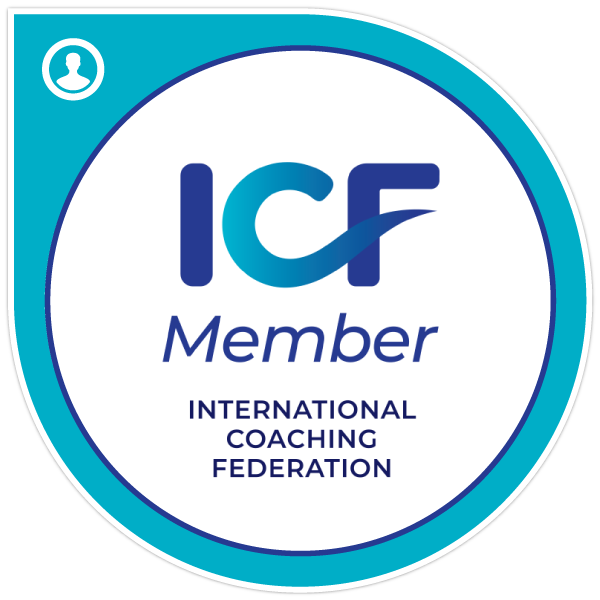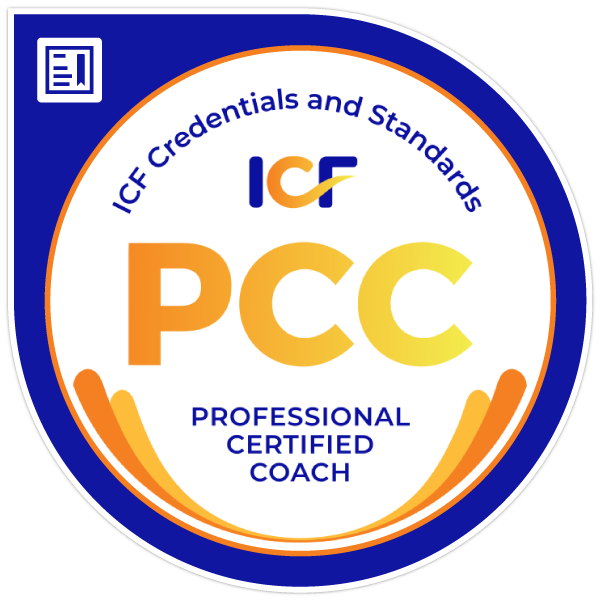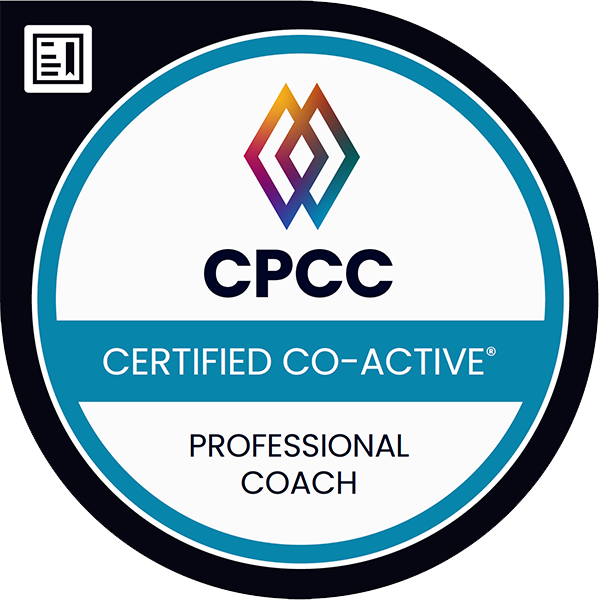Awakening the power within us to change ourselves and our world.
Case Study: Engagement Coach Training Program at Anne Arundel Community College 2016/2017
Anne Arundel Community College (AACC) is a learning community committed to giving their students full opportunity to discover and develop their talents and interests, to pursue their unique potentials, and to achieve an intellectually, culturally and economically satisfying relationship with society. Faculty and staff at AACC strive to create strong relationships with students and prepare them for success. AACC has realized that engagement matters a great deal to student success and has committed to increasing the level of engagement between faculty and students, to empower students to be more engaged in their studies in the service of creating the futures they desire.
To achieve these goals the AACC leadership believed it was critical for Faculty and Staff to adopt a “coaching” approach. We were asked to provide a program based on proven coaching methodologies as well as current learning best practices. The program was to provide a pathway for cultivating exceptionally productive human relationships, adding value to the diverse community within the college.
Objectives of the Program
The objectives of the program were:
1. Providing Faculty and Staff with enhanced communication skills, the capacity to build more effective relationships, and achieve greater work/life fulfillment.
2. Empowering Faculty to be champions of their students, thereby contributing to student success and positive impact on society.
3. Empowering students to be more engaged, take control of their education and increase graduation rate.
Overall Program Approach
With the school leadership’s enthusiastic support we proceeded to design and deliver a program for 24 program participants who were a combination of faculty and administrative staff from a cross-section of the college departments. The Engagement Coach Training Program was a coaching skills development program aligned with International Coach Federation (ICF) standards designed to:
1. Develop the leadership and coaching capacities of the participants including:
· Increased personal and leadership self-awareness
· Enhanced communication skills
· Relationship and connection skills
· Engaging people in the community
2. Apply new skills and tools across a variety of situations in order to help themselves and others:
· See expanded perspectives
· Get connected with their values and motivating factors
· Be more fully engaged in their own experiences
3. Explore a variety of actions participants could take to create on-going learning for themselves and their students including:
· Creating action plans and clarifying growth opportunities
· Implementing structures to provide support in sustaining powerful action to realize goals
· Continue to evolve as effective engagement coaches
The program consisted of a series of three 3-day in-person highly experiential learning sessions, individual coaching, and individual and team homework between workshops. The design and delivery of the program was a collaboration between the brilliant Jen Lara, AACC Director of Learning and Engagement and Sue Abuelsamid, founder and principle of the Curiosity Project and Constant Journey Coaching.
Outcomes
The program resulted in a range of outcomes for the participants. They developed their coaching, leadership, and communication skills to better serve the AACC community. These skills included:
· Holding a deep sense of curiosity
· Empathic inquiry and deep listening
· Shaping powerful conversations
· Increasing their self-awareness
· Designing constructive and engaging relationships
· Discerning between coaching, teaching, and mentoring
They became coaches who now engage not only students, but also co-workers and others outside their work environment in new and different ways. In addition to developing a new set of skills they were also able to operate more intentionally to positively impact others in the community.
By all measures the Engagement Coaching Program was a success. Participants were aware of and grateful for their own personal development as a result of participating in the program. They reported that it was one of the most valuable professional development programs they had ever taken. The high level of participant engagement and ongoing impact they are having in their community evidenced this. The VP who championed the program was so pleased he has become a strong advocate of coaching as a valuable educational tool and leadership resource. As a result he has asked that the Engagement Program be expanded to train more faculty and supervisory staff over the next few years.
Key Success Factors
Upon reflection the key success factors included engaging a broad cross section of people, making the content relevant, and providing the participants with new skills and tools to address their challenges.
The group of 24 participants was required to commit to the whole program which took place over 8 months which enabled them to deepen the learning and create lasting change. Participants included both faculty and administrative staff from various departments including marketing, human resources, athletics, and the police academy. They were people who desired to create positive change in the community.
The program was co-facilitated to model desired behaviours and was a close collaboration between a faculty “insider” and an outside facilitator which brought broader perspective, a new voice, and other valuable experiences into the design.
The high-level challenge for the program was to understand the struggles currently faced by the community and to have a clear picture of their ideal future and what issues they believed needed to be addressed to attain that future. Providing examples of how these skills could be used immediately in the context of their work environment was critical.
The program focused not only on the development of the participants’ coaching capacities but also providing them with practical skills and tools to enhance their leadership.
What some of the participants have said:
“Coaching skills have transformed my life NOT just my work. I have quickly implemented many coaching skills in an attempt to enhance the world around me. Coaching has change my way of thinking. I’ve been able to get curious and see things with an open mind. I have been able to stretch myself to places I was once afraid to go. I’ve expanded my skillset and by doing so, have brought a new me to my colleagues, staff and students. In my opinion, coaching is the highest form of empowerment, both internal and external.”
~ Duane Herr, Director of Athletics
“Coaching techniques help my employees look at situations with a new perspective and to solve workplace issues in a more positive way.”
~ Lisa A. Sanford, PHR |Director, HR Operations
“As soon as my students realize that I’m only asking questions, not giving answers, they make the connections and have plenty of ideas. When I reflect what I hear someone say rather than giving advice about what I think they said, their faces immediately show a realization (and sometimes gratitude), like “oh, is that what I conveyed?” And when I ask a question that shows curiosity about how they value what they’re talking about, they immediately go deeper. Coaching techniques are like a magic key that opens people up to themselves. Coaching helps us awaken to the power within us to change ourselves, and thus, our world.”
~ Suzanne J. Spoor, Professor of English, Professor of English and Gender Studies
“For me, coaching is about helping people live more meaningfully. Learning coaching skills has made me a more effective college professor and department chair.”
~ Steven Canaday, Ph.D., Professor of English, Chair, Department of English and Communications, Anne Arundel Community College
“I am happy to report that I am bringing coaching everywhere! I am redesigning relationships with the people and things in my life so that they serve me better. I regularly use words (stake, structure, values, designed relationships, intuition, metaphors, stretching....) in my conversations with others and my classes of students. THANK you both for this opportunity to learn coaching.”
~ Courtney Sabol, Assistant Professor, TEACH Institute, Anne Arundel Community College


